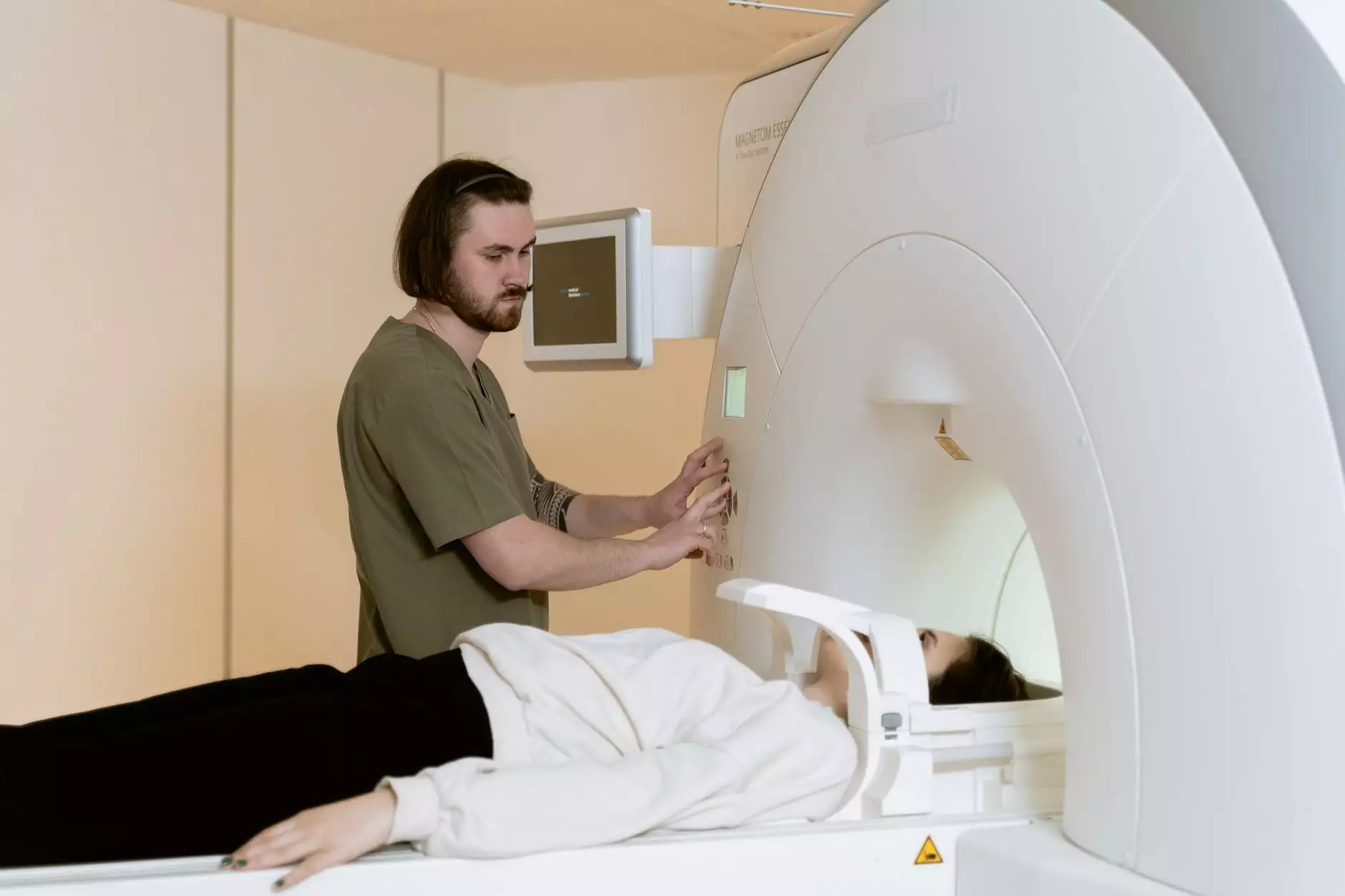Lung Scan for Former Smokers: A Vital Step in Lung Health Assessment

In recent years, the conversation surrounding lung health has gained significant traction, particularly for former smokers. With a history of smoking being a primary risk factor for numerous respiratory conditions, it's crucial for individuals who have quit smoking to prioritize their lung health. One essential tool in this aspect is the lung scan. In this comprehensive article, we will delve into the importance of a lung scan for former smokers, exploring the types of scans available, the benefits of early detection, and how it enhances the overall health management of ex-smokers.
Understanding Lung Scans
A lung scan is a medical imaging technique that uses advanced technology to assess the condition of the lungs. It helps identify any abnormalities or diseases that may not be evident through standard examinations. For former smokers, these scans are especially important due to their increased risk of developing lung disease. There are several types of lung scans available:
- Chest X-ray: A basic imaging technique that provides a quick view of the lungs, often used to identify infections or major abnormalities.
- CT Scan (Computed Tomography): A more detailed scan that provides cross-sectional images of the lungs, allowing for the detection of small lesions and early-stage cancers.
- Low-Dose CT Scan: Specifically designed for lung cancer screening, this scan uses lower radiation levels and is recommended for former smokers who meet certain criteria.
The Importance of Lung Scans for Former Smokers
Many individuals do not realize the long-term implications of smoking, even after quitting. The lungs can remain vulnerable for years, and this is why a regular lung scan for former smokers can be a game-changer. Here are several compelling reasons why these scans are vital:
1. Early Detection of Lung Diseases
One of the key advantages of lung scans is the potential for early detection of diseases such as lung cancer, chronic obstructive pulmonary disease (COPD), and other pulmonary conditions. Early detection plays a crucial role in treatment success and can significantly increase survival rates. For instance, lung cancer has a higher chance of successful treatment when identified in its early stages.
2. Monitoring Lung Health
Former smokers should be proactive in monitoring their lung health. Regular lung scans can help track any changes or abnormalities, providing crucial information that can guide lifestyle and medical interventions. By consistently monitoring lung health, individuals can work with healthcare providers to implement strategies to protect and improve lung function.
3. Peace of Mind
For many former smokers, the anxiety surrounding the possibility of developing lung disease can be overwhelming. A lung scan for former smokers not only serves as a diagnostic tool but also offers reassurance. Knowing the current status of their lung health can alleviate fears and encourage individuals to pursue healthy lifestyle choices.
Preparing for a Lung Scan
Preparing for a lung scan is straightforward, but there are essential steps former smokers should take to ensure accurate results. Here’s a comprehensive guide:
1. Discuss Medical History
Before undergoing a lung scan, it’s crucial to have an open dialogue with your healthcare provider regarding your medical history, especially your smoking history and any respiratory symptoms you might be experiencing. This information will help in determining the appropriate type of scan.
2. Follow Preparation Instructions
Doctors may provide specific instructions based on the type of scan being performed. For example, if you are undergoing a CT scan, you might be advised to avoid certain foods or liquids beforehand.
3. Arrive Early
Arriving early allows you enough time to complete any necessary paperwork and prepare for the procedure without feeling rushed. This can lead to a more relaxed experience.
What to Expect During the Scan
The experience of undergoing a lung scan varies based on the type of scan. Generally, here’s what one can expect:
1. Chest X-ray
The chest X-ray process is rapid, typically lasting only a few minutes. You will be asked to stand in front of the X-ray machine, and you'll be instructed to hold your breath briefly while the image is captured.
2. CT Scan
A CT scan will take longer, usually around 30 minutes. You'll lie down on a narrow table that slides into a large, doughnut-shaped machine. It’s crucial to remain still during the scan to ensure clear images are produced.
3. Low-Dose CT Scan
The low-dose CT scan is quite similar to a standard CT scan but uses less radiation. The process includes the same steps, and patients are advised to remain calm and still during the imaging.
Interpreting the Results
After the scan, the results are analyzed by a radiologist, who will prepare a report for your doctor. Here’s a brief overview of how results are evaluated:
1. Normal Results
If your lung scan results come back normal, it indicates that your lungs are healthy, and there are no signs of disease. This is positive news and can provide an excellent basis for ongoing lung health maintenance.
2. Abnormal Results
In cases where there are abnormalities, further tests may be necessary to clarify the findings. Abnormal results could suggest conditions like inflammation, nodules, or other lung diseases that may require careful evaluation and possible treatment.
Living a Lung-Healthy Lifestyle After Smoking
After quitting smoking, it's essential to focus on a healthy lifestyle that supports lung recovery. Here are some tips to maintain optimal lung health:
- Regular Exercise: Engage in physical activities that promote cardiovascular health and improve lung function.
- Healthy Diet: Incorporate a balanced diet rich in fruits, vegetables, and antioxidants that can aid lung health.
- Avoid Pollutants: Stay away from secondhand smoke and other air pollutants that can compromise lung health.
- Stay Hydrated: Proper hydration helps keep mucus membranes in the lungs moist, facilitating better breathing.
Conclusion
In conclusion, a lung scan for former smokers is a crucial step in maintaining lung health and preventing severe respiratory conditions that may arise as a result of previous smoking habits. Individuals who have quit smoking should prioritize regular screenings as part of their ongoing healthcare. By understanding the importance of these scans and ensuring a healthy lifestyle, former smokers can significantly improve their quality of life and longevity. At Neumark Surgery, we are dedicated to supporting the lung health of our patients. For more information on lung scans and to schedule your appointment, visit our website today!









